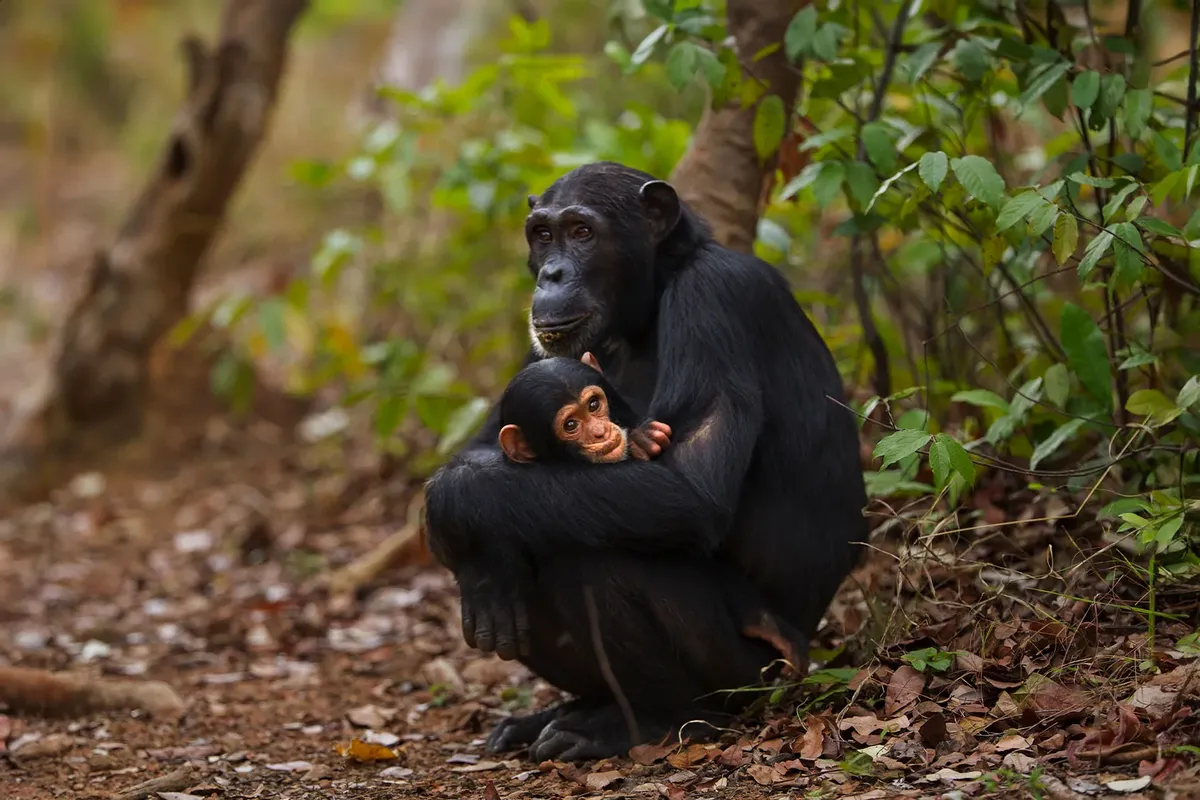A groundbreaking study published on February 28 in the open-access journal PLOS Climate has shed light on the imminent threat of climate change to African great apes.
A groundbreaking study published on February 28 in the open-access journal PLOS Climate has shed light on the imminent threat of climate change to African great apes.
Conducted by Razak Kiribou and colleagues from Haramaya University in Ethiopia, the research suggests that these iconic animals are already grappling with the effects of climate change, with extreme events like wildfires, heat waves, and flooding poised to escalate over the next three decades.
To gauge the potential impact of climate change on African great apes, researchers analyzed climate data from 363 sites across the continent, examining temperature and rainfall patterns from 1981 to 2010. Utilizing two climate change scenarios, the team projected the frequency of extreme weather events—such as droughts, floods, wildfires, and crop failures—that could directly or indirectly affect ape populations.
The findings revealed a troubling trend: between 2007 and 2016, nearly half of the surveyed sites experienced above-average temperatures, with eastern chimpanzees (Pan troglodytes schweinfurthii) enduring the most severe heat spikes.
Projections under both climate scenarios painted a grim picture, with rising temperatures expected at all sites and a looming threat of widespread wildfires and crop failures in the near future.
Under a scenario where warming is limited to 2°C above pre-industrial levels, an alarming 84% of sites are forecasted to face frequent heat waves, while 78% will contend with intermittent flooding within the next three decades. However, under a bleaker scenario of 3°C temperature rise, the prevalence of affected sites and the frequency of extreme events are anticipated to be even higher.
This study marks the first comprehensive assessment of African great apes’ vulnerability to climate change, highlighting a pressing need for conservation efforts to bolster their resilience. The authors stress the urgency of incorporating climate change adaptation strategies into conservation planning for these endangered species.
In response to the findings, the authors assert, “Our study underscores the critical necessity of integrating adaptation measures to mitigate the impact of climate change on African great apes.”
With climate change intensifying, the window of opportunity to safeguard these magnificent creatures is narrowing, making proactive conservation measures imperative to ensure their survival in the face of a rapidly changing world.
